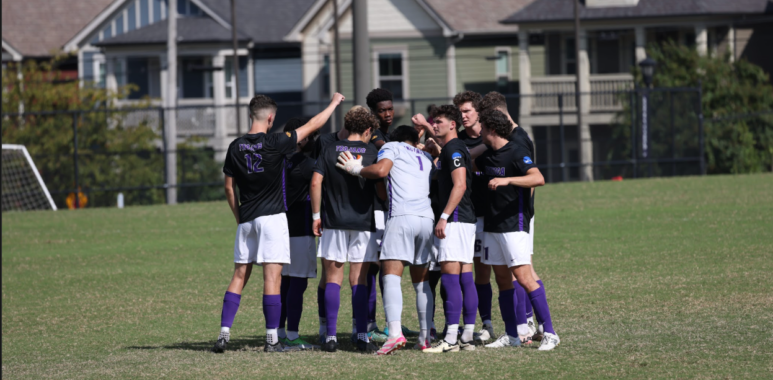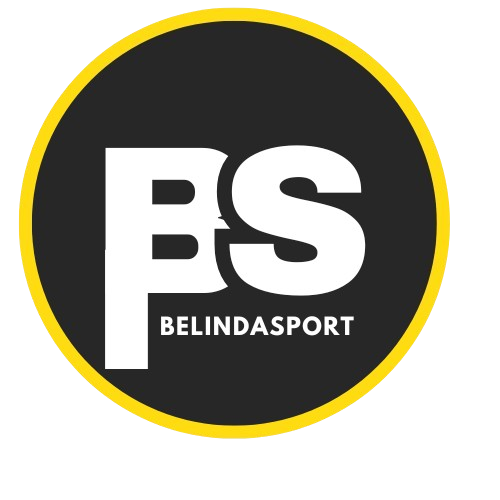
After college Sports, student athletes prepare for their smooth and successful future beyond sports
Student-athletes typically experience widespread media attention portraying their lives through stadium-packed games alongside enthusiastic crowds and competitive experiences. Student athletes frequently find dealing with college sports transition to post-graduation employment too challenging. Student-athletes need to start developing their life strategy for after college sports at least one year before their final season ends. Students need important preparation that leads to successful post-college outcomes in their lives after athletic pursuits.
Dual identity of student-athletes
Athletic students manage two competing priorities because they must handle both academic coursework and their collegiate sports obligations. The athletic abilities students display while in college create their university experience, but their academic performance, together with personal growth, determines their professional success after college. Most college athletes will not follow professional athletics paths after graduation. The NCAA reports less than 2% of college athletes transition into professional sports. Statistical evidence proves that student-athletes require career preparation beyond sports.
Student-athletes need to understand their doubled role of student identity and athletic identity. Student athletes must achieve great academic performance to match their field competition success. Athletes who make academics their main priority establish essential foundations that benefit their upcoming work careers.
Building transferable skills and emotional preparation
Student-athletic experiences provide a unique opportunity to gain transferable skills. The professional business world values the behavior skills learned during athletic participation, including discipline and time management, together with leadership abilities and teamwork. Employers typically perceive athletes who have joined the workforce as diligent employees who possess both mental strength and expertise in coping with high-pressure situations.
Athletes who participate in student programs need proper training to express their value effectively to potential employers. Career development resources serve as the main tools for describing and marketing oneself effectively. Universities, along with colleges, provide targeted athlete-specific career development services together with resume instruction and networking obligations. These educational tools allow athletes to develop career-changing descriptions through their athletic qualifications that potential employers will find intriguing.
Professional life after college presents athletes with psychological obstacles when they attempt the transition. Throughout most of their lives, numerous athletes have built their identities based on the central importance of sports within their existence. Athletes usually find it challenging to let go of their identity because they frequently experience feelings of uncertainty along with loss.
Image Source: Trevechoes
Career support and management
Building an adequate professional network stands as an essential element for career planning, which students who play sports need to establish at an early stage. Student-athletes should link with alumni, coaches, and established professionals who practice their target professions. The established connections enable members to gain important wisdom and recommendations while opening doors to possible job opportunities.
Student athletes must have mentors to successfully transition into life after college sports. Student-athletes should look for experienced mentors who successfully transformed from athletic careers into professional work because this professional guidance will prove essential. Athletes benefit from mentoring relationships because mentors guide them through their experiences while showing them how to achieve practical aims. Colleges regularly operate mentorship programs that match up student-athletes with both specialist alumni and expert professionals who give encouragement and guidance.
Student-athletes exhibit two different perspectives regarding their future career path, with some athletes knowing their direction and others being uncertain about their professional destination. Frequent sports enthusiasts find many options to maintain their connection to sports through careers in sports management and coaching, while broadcast and sports marketing represent additional possibilities. The skills learned through student-athlete participation become useful for many different industry sectors, which extend from business to finance and from education to healthcare.
Role of athletic programs and universities
Student-athletes find essential preparation for their post-athletic life in university and college environments. Athletic programs must focus on athlete development through complete assets and capabilities that enable students to thrive after college athletics ends. The institution should maintain open access for student-athletes to academic support in addition to career services and mental health resources.
Athletes gain workforce transition skills through educational programs that teach financial skills and enable better interviewing along with enhancing professional demeanor. Universities that invest in their student-athletic success establish a condition that helps athletes achieve their goals beyond their college sports participation.
Conclusion
Transitions from college sports lead athletes into their future lives. Student-athletes who develop proactive strategies before sports retirement will succeed in their transition after competitive sports. Athletes who focus on academics while developing transferable skills through networking and career exploration alongside emotional support systems build confidence for their post-athletic life.
Image Source: Trevechoes
